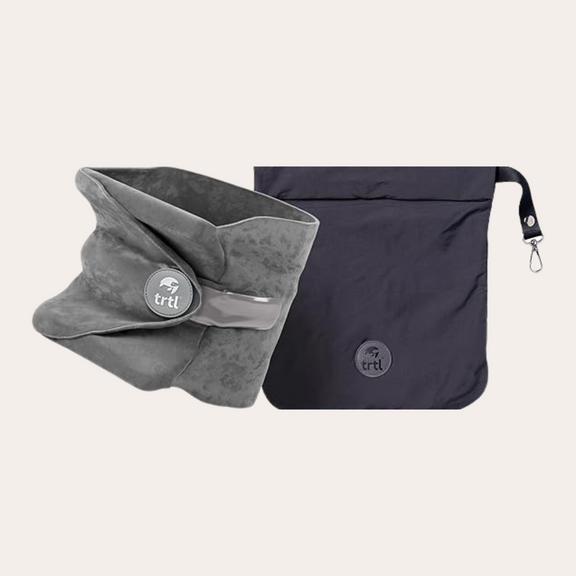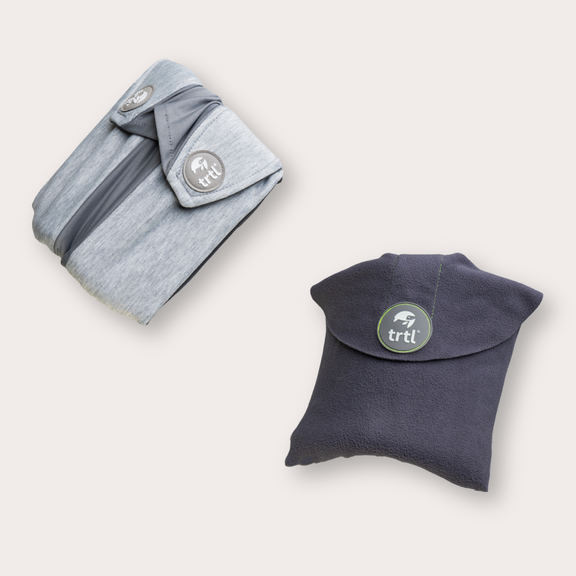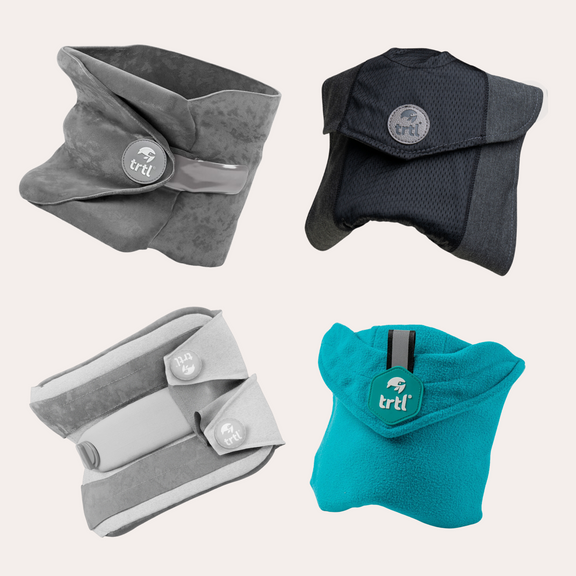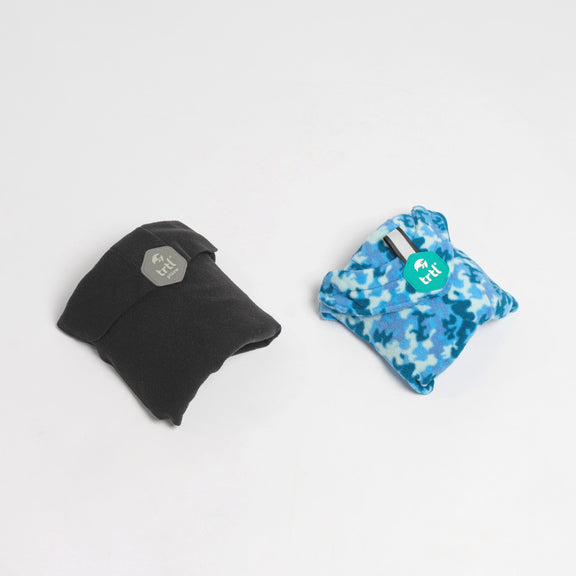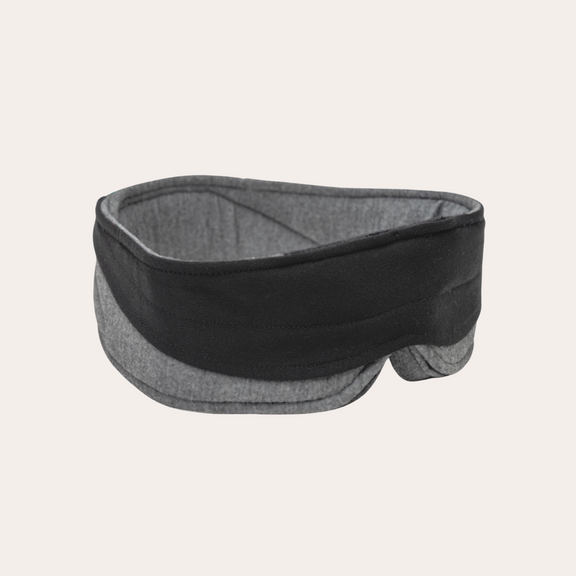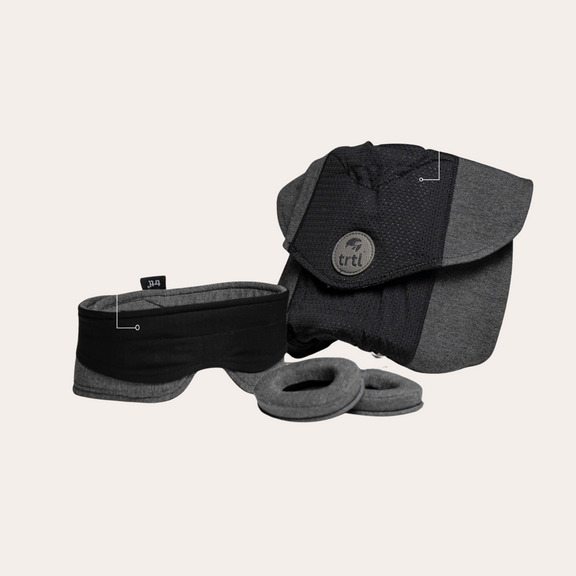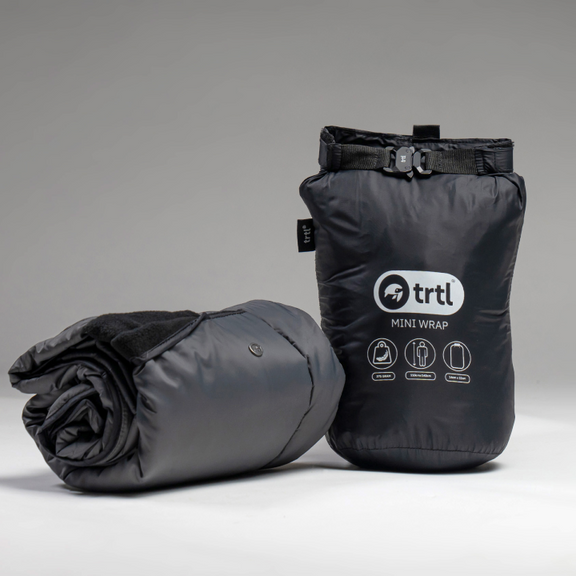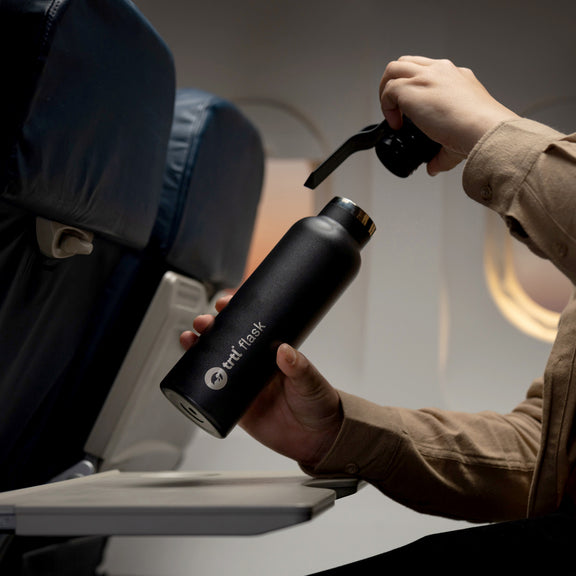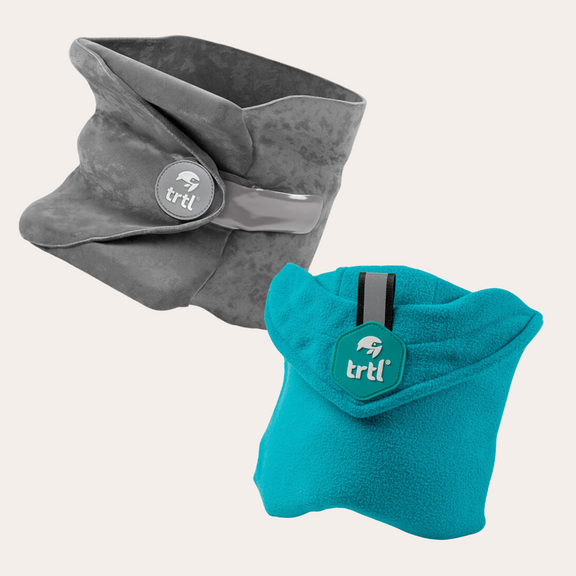[intro action="open intro"]
If you're one of the many unlucky people who gets bitten by mosquitos on holiday, then you're not alone! It's time to take back your holiday and make simple changes to avoid the insects!
[intro action="end intro"]
[backgroundTile action="open block" type="1" url="//cdn.shopify.com/s/files/1/0071/0911/6022/files/science.jpg?7522808350671538645"]
Firstly, to put your mind at rest, it’s not paranoia, you probably are getting bitten more by mosquitos. Sadly, there’s a scientific reason why and it’s not something you can change. Entomologists have discovered that mosquitoes have preferences of different skin and blood types.
Some people produce more particular chemicals in their skin which makes them a marked target for any local mosquitos. Chemicals in the skin such as lactic acid are proven to attract mosquitos, and there is also evidence that people with “O” blood type are more prone to being bitten more than people with A or B blood types.
[backgroundTile action="close block"]
[backgroundTile action="open block" type="2" url="//cdn.shopify.com/s/files/1/0071/0911/6022/files/tree.jpg?7522808350671538645"]
Because of this reason, there isn’t anything you can change in your diet or lifestyle to prevent being bitten on holiday. In some cases, it isn’t even the skin/ blood mosquitoes are attracted to, both your metabolic rate and the amount of carbon dioxide your body releases is a reason for bites. This has been proven with the ratio of pregnant and obese people who get stung, their resting metabolic rate is higher, which makes them more likely to be bitten sadly.
With CO2 being the primary way mosquitoes detect their hosts, but because of other CO2 producing entities such as decaying trees and cars, mosquitos heavily rely on secondary cues to identify people. So, at this point you can implement a few techniques to reduce the number of bites you receive:
[backgroundTile action="close block"]
[backgroundTile action="open block" type="1" url="//cdn.shopify.com/s/files/1/0071/0911/6022/files/cotton.jpg?11913362265268203425"]
Wear light clothing – Because mosquitos struggle to fly in even a light breeze, they tend to stick to flying low to the ground, and they identify their targets by comparing their movement to the horizon. So, the lighter your clothes are (tops in particular), the harder it is for them to differentiate between you and the surroundings
[backgroundTile action="close block"]
[backgroundTile action="open block" type="2" url="//cdn.shopify.com/s/files/1/0071/0911/6022/files/repellent.jpg?7522808350671538645"]
Repellent - Clothing colour that might not be the best way to avoid bites, if you are a person who produces more acids or has an attractive blood type, a mosquito repellent might be required. Buying a premium brand with a 15% DEET will help to avoid bites for around 90 mins, just be sure to read the instructions and apply accordingly.
[backgroundTile action="close block"]
[backgroundTile action="open block" type="1" url="//cdn.shopify.com/s/files/1/0071/0911/6022/files/daytime.jpg?7522808350671538645"]
Time of Day – Mosquitoes tend to feed at dusk and dawn, where the humidity rises, and the wind has died down. Being more aware of applying repellent or wearing thicker clothing during these periods will also help, but staying inside is the first choice possible.
[backgroundTile action="close block"]


